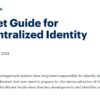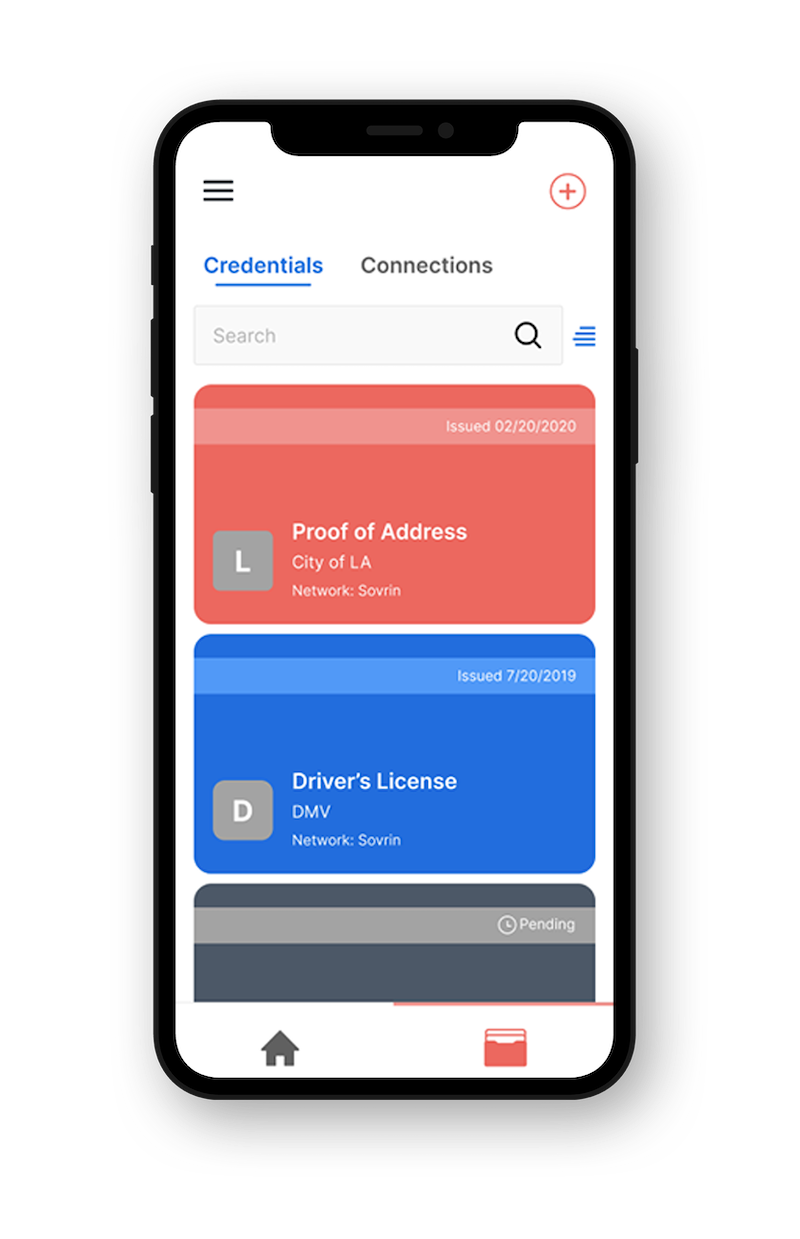Bitcoin has given blockchain the carbon footprint of Godzilla; but when it comes to identity, blockchain-based distributed ledgers are light on energy use and long on benefits
Blockchain has become synonymous with cryptocurrency, and crypto is rapidly becoming to energy consumption what crack cocaine once was to addiction. Headlines about bitcoin miners stealing electricity to “Bitcoin consumes ‘more electricity than Argentina” have generated much heat but not always a lot of light (this article from Harvard Business Review offers a nuanced view of the energy consumption controversy).
The problem is that this mental shortcut can leave the impression that the energy intensive computation required to validate bitcoin transactions — which is known as “proof of work”— is a process required by all blockchains, thereby making the technology environmentally unfriendly in general
It isn’t and here’s why:
- An identity blockchain like the Indicio Network uses signatures rather than mathematical computation to generate proof. No complex mathematical processes are needed. You either accept the signature or you don’t.
- A write to the ledger (and one write can be the basis for millions of identity credentials) or a look up on the ledger uses no more energy, and possibly less, than browsing a web page.
- A decentralized network using a blockchain-based distributed ledger means you can use Peer DIDs to move most “transactions” and their cryptographic proofing off ledger. No personally identifying information is written to the public ledger– ever. This means that for those peer-to-peer interactions, identity blockchains don’t need to do any ledger transactions at all.
As most of our digital interactions are on a one-to-one basis, there is no need for them to take place on the blockchain; the blockchain is simply the root of trust for the identities of the parties issuing credentials: once these identities have been looked up and confirmed by each party, everything else happens peer-to-peer. And with Peer DIDs, each communication is cryptographically unique — a huge advancement in privacy and security requiring no more energy than, say, using encrypted email.
Although harder to quantify, the energy saved from using a technology that enables you to trust information online is also something to be taken into account. The same goes for more efficient and effective usability and much better risk mitigation. But the point doesn’t require this detailed analysis to hold true: All blockchains are not Bitcoin and identity blockchains using Peer DIDs are low energy consumers.
That’s why we run the Indicio Network and believe in and advocate for this technology: and that’s why it would be a huge loss if a low energy use of blockchain were to be mistakenly seen as having the carbon footprint of Godzilla.













